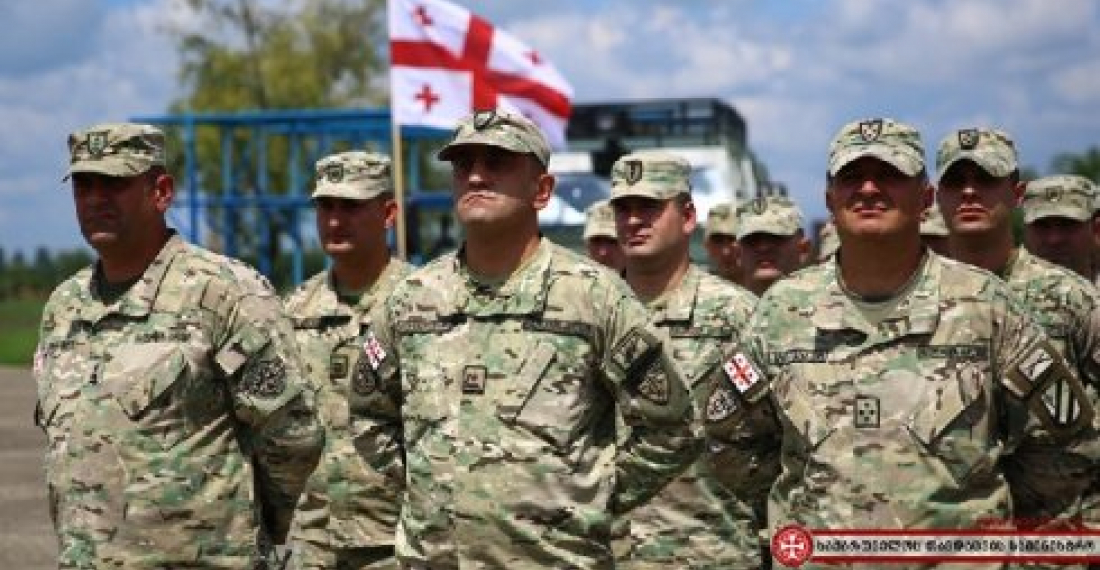A multinational military exercise code-named Agile Spirit 2019 kicked off in western Georgia on Saturday (26 July).
According to the Defense Ministry of Georgia, the joint drill, which will last till August 9, is conducted under the leadership of West Command of Georgian Defense Forces and U.S. European Command in three locations: Senaki, Orpolo and Vaziani fire ranges.
The exercise will include command, staff and field training with live fire, engagement of maneuver and combat support elements in defensive and offensive operations.
More than 3,000 military servicemen from 14 NATO member and partner countries participate in Agile Spirit 2019, including personnel from Bulgaria, Belgium, Georgia, Greece, Latvia, Lithuania, Montenegro, Norway, Poland, Romania, Turkey and Ukraine, UK and US. The biggest contingent is from the United States, consisting of 1500 personnel.
Agile Spirit 2019 is aimed to enhance interoperability, train and improve operational capabilities of exercise participants during planning and execution of operations in real time within multinational environment, said the ministry in a statement.
source: commonspace.eu with agencies
photo: Georgian soldiwers at the opening ceremony of the military exercise "Agile spirit" on 26 July 2019 (picture courtesy of the Georgian Ministry of Defence)






